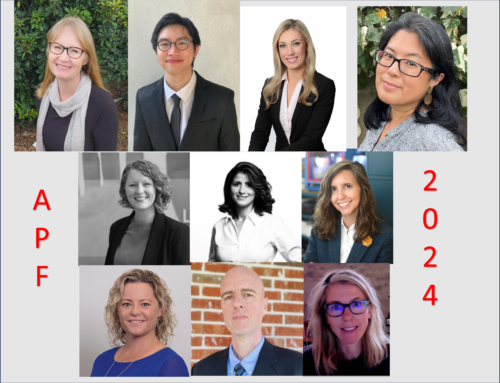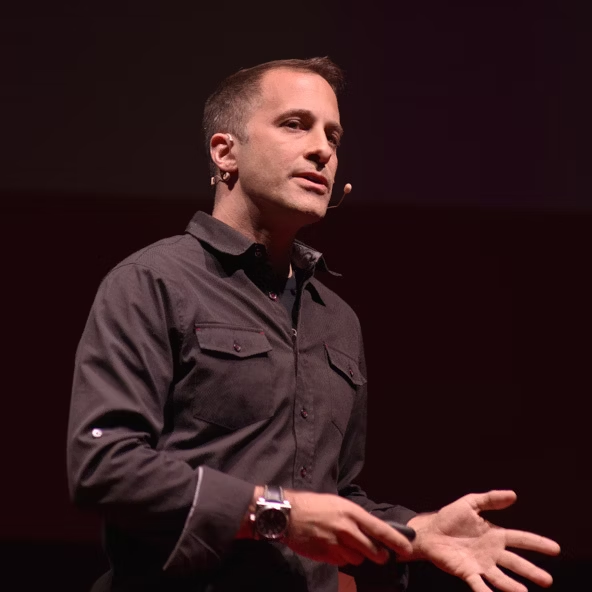In our Social Change class taught by Cindy Frewen, we discussed many types of socia l change. One of the ones I thought was most interesting was around ideation and cultural change. I read an article by Berger & Luckmann which discusses realities and what makes things real. In this article, they state “others become real in the fullest sense only when we meet face to face.” While I do think this premise is valid, as we look to our social connections changing with technology and more of our interactions not in a face to face setting, will we find another way for others to become real in the fullest sense? Or will we lose that realness? If we do, what happens to us? They state it is easier to keep preconceived notions of others when we don’t have the face to face interaction.
l change. One of the ones I thought was most interesting was around ideation and cultural change. I read an article by Berger & Luckmann which discusses realities and what makes things real. In this article, they state “others become real in the fullest sense only when we meet face to face.” While I do think this premise is valid, as we look to our social connections changing with technology and more of our interactions not in a face to face setting, will we find another way for others to become real in the fullest sense? Or will we lose that realness? If we do, what happens to us? They state it is easier to keep preconceived notions of others when we don’t have the face to face interaction.
When thinking about preconceived notions, we all have our own world views and that raises the question of a shared sense of realities. If we can’t even agree on climate change or the rights women have regarding our own bodies, how will we agree on what is real? My reality is very real to me, and while I acknowledge there are other realities that are just as real to others, it is hard for me to say they are real to me. I don’t have the same experiences and worldview that another person has and for me to say I understand where they are coming from (as much as I may want to) seems ingenuine. Homogeneity, in my opinion, is boring and I think we would need to be more homogeneous for us to share the same fluid sense of reality. So, will we ever get there and still be a species that can appreciate constructive conflict and new ideas? Maybe.
When thinking about what is real and my reality, I came upon the video “Is Reality Real? The Simulation Argument”, which asks the question – are we real or simulated? Is the chair we sit in real? Is it really filled with wood or it is empty until you open it up? Food for thought…Is Reality Real? The Simulation Argument
We all have different world views, and we all have different realities – and that’s ok. We just need to appreciate the other person’s perspective and understand that their thoughts and interpretations are just as valid as ours, even if they aren’t the same. — Hilary Hetzel





